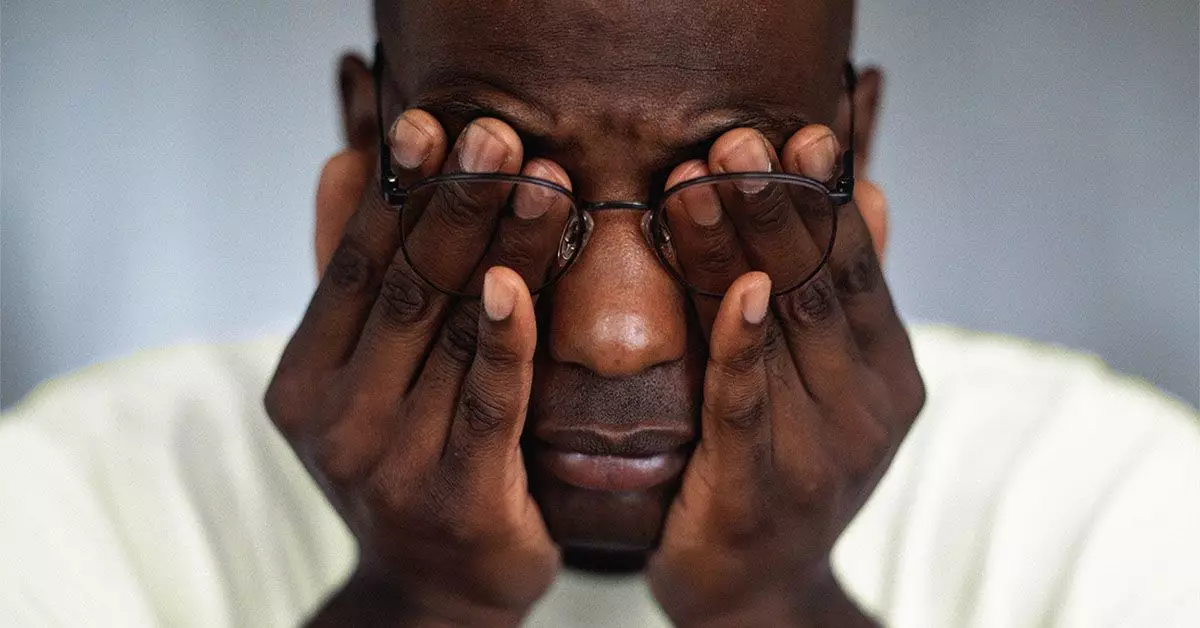Chemotherapy is a standard treatment for various cancers, effective at targeting and destroying rapidly dividing cells. However, while patients often prepare for the physical and emotional toll associated with cancer therapy, the potential effects on vision are frequently under-discussed. Understanding the ocular side effects of chemotherapy is vital for patients, allowing for better management of their health during and after treatment.
While many patients believe that their chemotherapy will primarily affect their energy levels or overall physical health, ocular changes can also present significant challenges. Common visual disturbances associated with chemotherapy can include blurry vision, light sensitivity, and dry eyes. Although most patients experience these symptoms temporarily, a subset may encounter prolonged effects, resulting in lasting impacts on daily life and visual acuity. For patients experiencing severe eye issues, immediate medical attention is crucial to preventing potential long-term issues.
The severity and nature of vision changes vary widely among patients, influenced by several key factors. The type of chemotherapy drug, dosage, treatment duration, and any pre-existing health conditions are all significant elements affecting the degree of visual impairment. For instance, certain drugs may be more prone to causing eye-related side effects, which could lead to complications such as cataracts or infections. This variance underscores the need for personalized discussions with healthcare providers about specific risks and management strategies.
Patients receiving chemotherapy should be aware that not all vision changes are temporary or benign. Sudden or acute vision disturbances warrant immediate medical attention. Symptoms such as severe eye pain, significant loss of vision, the appearance of halos around lights, and light sensitivity should never be ignored. Rapid intervention can often make a critical difference in preserving sight and addressing infections or complications.
Long-Term Effects and the Unexpected Delays
One of the most alarming aspects of chemotherapy-induced ocular changes is the potential for long-term effects, which may not manifest until years after treatment completion. Patients need to monitor their vision changes even after treatment ends and maintain regular check-ups, especially if they are at heightened risk for conditions like cataracts. Understanding that some side effects can evolve over time is essential for ensuring that appropriate preventive measures are taken.
Management and Remedy Options
Fortunately, several strategies exist for managing the vision effects of chemotherapy. The treatment plan often depends on the specific symptoms experienced by the patient. For instance, those suffering from dry or irritated eyes may find relief through the use of artificial tears, ointments, or prescribed steroid eye drops. In some cases, surgical options may be recommended, such as cataract removal. It is essential for healthcare professionals to tailor their approach to the individual needs of each patient, promoting effective coping strategies.
Consulting with Healthcare Providers
Ongoing communication with healthcare providers is crucial for patients navigating the challenges of vision changes during chemotherapy. Regular eye examinations can help detect developing issues quickly, and healthcare professionals can provide necessary resources or medications to alleviate discomfort or prevent further complications. Simple lifestyle adjustments, such as taking breaks during screen time or adjusting lighting for comfort, can also prove beneficial.
Chemotherapy presents a myriad of challenges beyond the battlefield of cancer itself, with visual disturbances being among the less-reported side effects. By fostering open dialogue with medical experts and being vigilant about changes in vision, patients can better navigate the complex web of chemotherapy side effects. Being proactive about eye health during this time is not just advisable; it is essential for maintaining quality of life. As the medical field continues to evolve, so does our understanding of the holistic impacts of treatments like chemotherapy, emphasizing the importance of comprehensive patient care.

